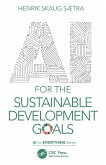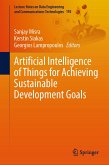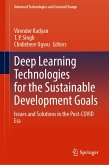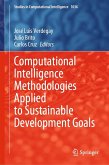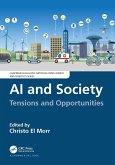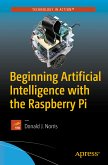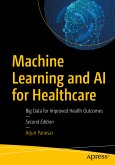The reading begins with a delineation of diverse UN SDG targets, providing an overview of previous successful applications of machine learning in solving realistic problems aligned with these targets. It thoroughly explains fundamental concepts of machine learning algorithms for prediction and classification, coupled with their implementation in JavaScript and HTML programming.
Detailed case studies examine challenges related to renewable energy, agriculture, food production, health, environment, climate change, water quality, air quality, and telecommunications, corresponding to various UN SDGs. Each case study includes related works, datasets, machine learning algorithms, programming concepts, and comprehensive explanations of JavaScript and HTML codes used for web-based machine learning applications. The results obtained are meticulously analyzed and discussed, showcasing the pivotal role of machine learning in advancing the relevant SDGs.
By the end of this book, you'll have a firm understanding of SDG fundamentals and the practical application of machine learning to address diverse challenges associated with these goals.
You will:
- Understand the fundamental concepts of the UN SDGs, AI, and machine learning algorithms.
- Employ the correct machine learning algorithms to address challenges on the United Nations Sustainable Development Goals (UN SDGs)?
- Develop web-based machine learning applications for the UN SDGs using Javascript, and HTML.
- Analyze the impact of a machine learning-based solution on a specific UN SDG.
Dieser Download kann aus rechtlichen Gründen nur mit Rechnungsadresse in A, B, BG, CY, CZ, D, DK, EW, E, FIN, F, GR, HR, H, IRL, I, LT, L, LR, M, NL, PL, P, R, S, SLO, SK ausgeliefert werden.



